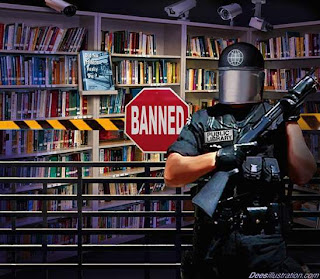
The minister who is in charge of Australia’s communication, Mr. Stephen Conroy has said that rather than them putting a filter that is necessary on the web, they have contacted Internet service providers to block over 1400 child pornography websites. These are the sites that are on a list provided by Interpol and should form part of Internet blocks. Three of the larger companies Optus, Primus, and Telstea have already been blocking these websites, so many are questioning if this move by the government is really such a drastic step to stopping child abusers access pornography when the main ISPs have already blocked them.
Mr. Conroy was quoted as saying that they reached an agreement with Internet service’s providers to try and block child porn. Many critics of his new action have said that the legislated filtering of sites would have Australia in the same category as China. The US also questioned this act saying that it would put some countries that had freedom far behind. But again, is access to this type of material a freedom or a sheer up cry? It is a very controversial question in terms of Internet blocks.
The new idea that has been implemented has a very narrowed approach to child abuse and the supposed nationwide country filter. Whereby the older idea would be to regularly update the sites that were listed in the ban. It would have also blocked out terrorism sites, anything that pertained to crime and the abuse of drugs and anything that was considered to be too violent. Many said that this would block sites that were not of any harm, it would make the Internet slower. It is also thought to compromise the freedom of speech, bringing Australia’s internet censorship closer to that of China, where internet users already regularly use VPN services for the majority of internet browsing.
It is thought that the new bans will not have a serious impact on the Internet in Australia, and many think that the older plans were a lot better. The Internet industry chief, Mr. Peter Lee has said that he is actually very happy with the decision and very pleased that the focus will be only towards child abuse and pornography.
The government fell very short to their pledge with regard to Internet usage in 2007 and their overall decision to not put into place the new legislation is very disappointing, said Mr. Jim Wallace. There is of course a large view of mixed opinions, those that are for and of course those that are against. It is thought that the overall decision was based on the thought that to get this passed in parliament would be almost impossible and against freedom of the people. It is a sad state of affairs when a government backs down on their promise, but also when people seem to think that child porn should be accessible. So who knows what the future has in store for the Internet in Australia and other countries with the ever-changing times.
SUMMER SALE
First 3 years for $2.22/mo
NO LOGS
100+ LOCATIONS
P2P ALLOWED
Easy To Use
30-Day Money Back
Friendly Support
Bitcoin Accepted
Ultra High Speeds


